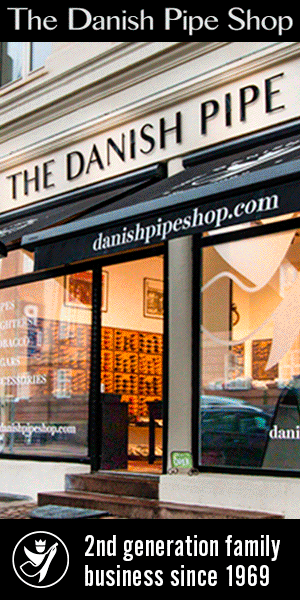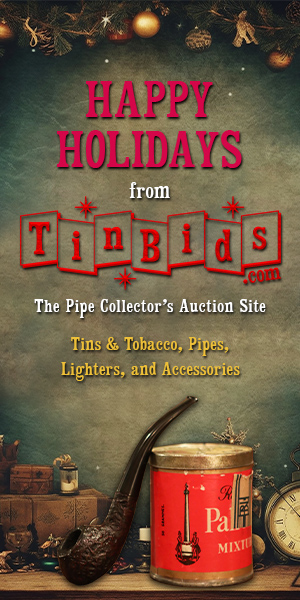I have 13 C&D tins open now, of various ages. I am familiar with the ill-fitting lids, but I haven't experienced it in a while. While some of their blends improve with a little airing out, while most maintain the quality I enjoy for as long as it takes me to finish the tin . . . but most I enjoy don't have any noticeable topping that will flash off.
How Many Smoke Out of the C&D Tins?
- Thread starter Sloopjohnbee
- Start date
You are using an out of date browser. It may not display this or other websites correctly.
You should upgrade or use an alternative browser.
You should upgrade or use an alternative browser.
SmokingPipes.com Updates
Watch for Updates Twice a Week
Dictionaries are descriptive, not prescriptive. A society, culture, or group of language users collectively decide how a word is to be used or defined, and then a dictionary reflects that usage. It's in the dictionary because it's how we use it, we don't use it a particular way because it's in the dictionary. This is how new words get added every year and how "non-words" become "words" - such as when "D'oh" was actually added to the dictionary thanks to one Homer J. Simpson. It certainly existed as an exclamation before him, but only after him did it come into popular usage to point where dictionaries added entries. We use the dictionary as a reference tool to discover or clarify how people use words, but again, the dictionary only describes how we use them, it does not prescribe how we should use them. I.e. dictionaries are not the final arbiter of usage, the collective group of language users are.well you know the dictionary is a reference work not thee final arbiter of meaning. I'd say once a word is commonly used to mean something that carries more weight then the dictionary does. Dictionaries are way more conservative (not politically speaking) then popular language is. It sticks to traditions longer. Cringe certainly means something that is so gross it makes you wince. Everybody knew that's what he was saying. I knew it you knew it, and even Scooby Doo knew it (you know if he was real.)
"Bless your heart" holds a different meaning in southern states. Either that or old people were sure mean in my youth.it's not their fault we're old men. Who still think words mean the same thing they did when we were their age.
I always love when someone makes a point like you were trying to make but that person is so much more eloquent (by dictionary definition as in clear and easy to follow) then you where about it. And now I know what you were talking about earlier and this is a great response.Dictionaries are descriptive, not prescriptive. A society, culture, or group of language users collectively decide how a word is to be used or defined, and then a dictionary reflects that usage. It's in the dictionary because it's how we use it, we don't use it a particular way because it's in the dictionary. This is how new words get added every year and how "non-words" become "words" - such as when "D'oh" was actually added to the dictionary thanks to one Homer J. Simpson. It certainly existed as an exclamation before him, but only after him did it come into popular usage to point where dictionaries added entries. We use the dictionary as a reference tool to discover or clarify how people use words, but again, the dictionary only describes how we use them, it does not prescribe how we should use them. I.e. dictionaries are not the final arbiter of usage, the collective group of language users are.
Oh I know. Here in PA some old ladies say bless your heart that way. But our bless your heart is I love him/her/it but...(.) The best part is it can be used as a complete statement. I love what Mr Embers says but (I don't mean it just making an illustration)."Bless your heart" holds a different meaning in southern states. Either that or old people were sure mean in my youth.
Interesting that there was no tag there.I love what Mr Embers says but (I don't mean it just making an illustration).
tag? like a tag line? I was just showing how it does not need one.Interesting that there was no tag there.







